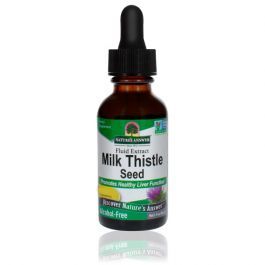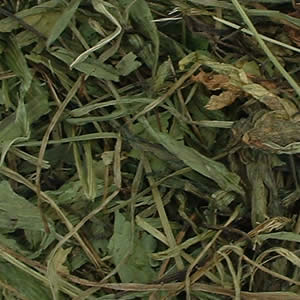thebunnydad
New Kit
My 3 year old Lionhead cross Indy has now got a root abscess  Poor girl can’t catch a break, what with her recent diagnoses of E Cuniculi. We’ve started her on Baytril and the vet has also prescribed Meloxicam. My only concern is she has liver problems (enzymes are over 200 so it’s not like they’re slightly raised) and I’m sure you all know this drug shouldn’t be used in animals with impaired liver/kidney function, considering Meloxicam is removed from the body by the liver. I’m researching and researching and I’m getting basically nowhere. I know I should weigh up the pros and cons and consider quality of life but Indy is doing well despite her problems and the risk with Meloxicam is wayyyyy too high. Am I being selfish for not giving her this pain relief? Potentially. I don’t want her to be in pain but how am I supposed to give her a drug that is meant to help with pain but could most likely cause even more pain and she could potentially loose her life over?
Poor girl can’t catch a break, what with her recent diagnoses of E Cuniculi. We’ve started her on Baytril and the vet has also prescribed Meloxicam. My only concern is she has liver problems (enzymes are over 200 so it’s not like they’re slightly raised) and I’m sure you all know this drug shouldn’t be used in animals with impaired liver/kidney function, considering Meloxicam is removed from the body by the liver. I’m researching and researching and I’m getting basically nowhere. I know I should weigh up the pros and cons and consider quality of life but Indy is doing well despite her problems and the risk with Meloxicam is wayyyyy too high. Am I being selfish for not giving her this pain relief? Potentially. I don’t want her to be in pain but how am I supposed to give her a drug that is meant to help with pain but could most likely cause even more pain and she could potentially loose her life over?
My real question is: has anyone else owned/got a rabbit with existing liver and/or kidney problems that are on pain relief? I’m fully aware all medication comes with a risk but surely there’s got to be something out there that might be a little bit safer for her. Any answers are greatly appreciated!
My real question is: has anyone else owned/got a rabbit with existing liver and/or kidney problems that are on pain relief? I’m fully aware all medication comes with a risk but surely there’s got to be something out there that might be a little bit safer for her. Any answers are greatly appreciated!



